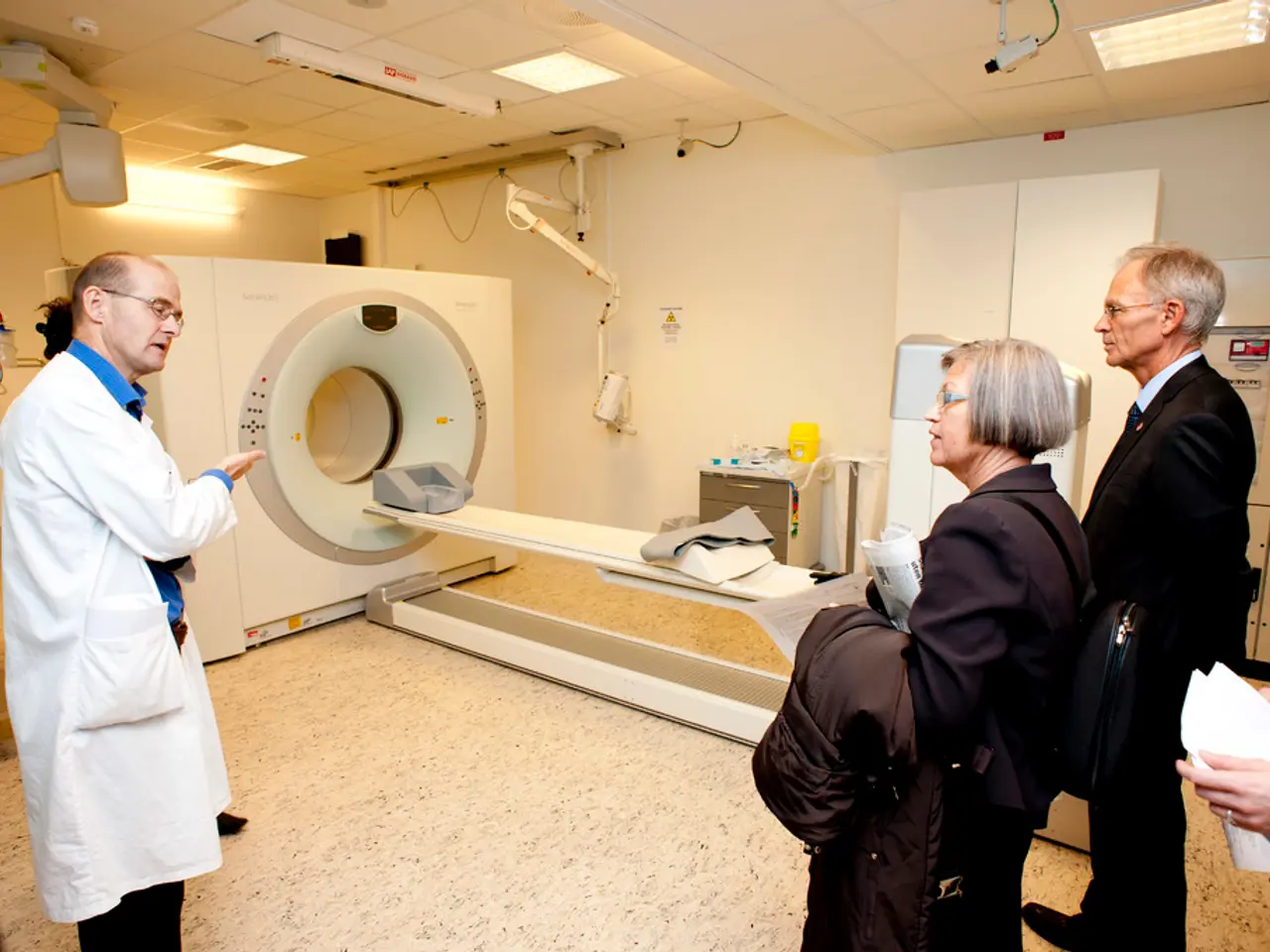Radiologists: Unsung Heroes of Modern Healthcare
Radiologists, specialists in medical imaging, play a crucial role in modern healthcare. They use advanced techniques like X-rays, CT, and MRI scans to diagnose conditions and work closely with other specialists for optimal patient care.
Radiology, the field focused on imaging diagnostics, is vital for early disease detection and targeted treatment planning. X-rays, the most common method, help identify bone fractures or infections. Meanwhile, magnetic resonance imaging (MRI) visualises soft tissue, aiding in complex disease diagnosis.
Computed tomography (CT) provides detailed cross-sectional images, often used to assess lung infections. Ultrasound, a radiation-free method, examines organs and vessels. Radiologists, highly trained specialists, work with these technologies and more to ensure accurate diagnosis and effective treatment.
Radiology's importance in modern medicine is undeniable. From X-rays to MRI and CT scans, these imaging methods enable radiologists to detect diseases early, develop targeted treatment plans, and collaborate with other specialists for the best patient outcomes.
Read also:
- Abu Dhabi initiative for comprehensive genetic screening, aiming to diagnose over 800 conditions and enhance the health of future generations in the UAE.
- Elderly shingles: Recognizing symptoms, potential problems, and available treatments
- Exploring the Reasons, Purposes, and Enigmas of Hiccups: Delving into Their Origins, Roles, and Unsolved Aspects
- Various forms of cataracts include nuclear, pediatric, traumatic, and additional types







